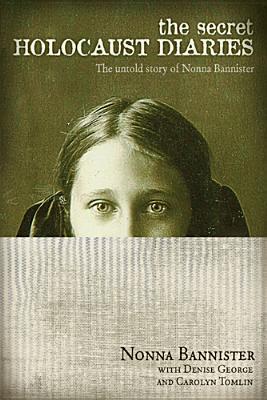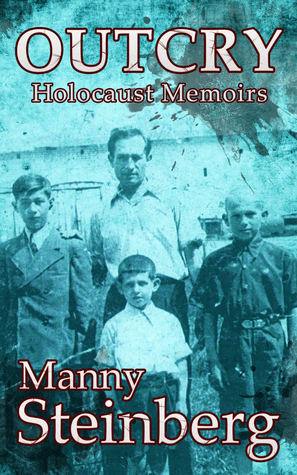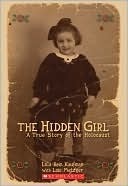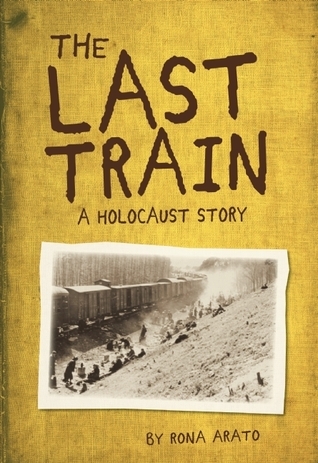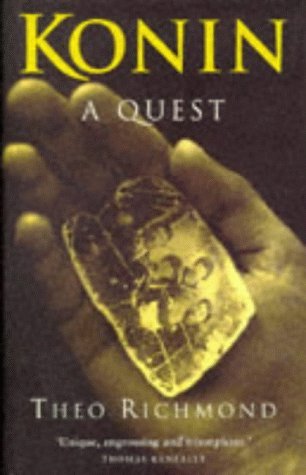
Konin: A Quest
Book Description
In the heart of Poland lies a village steeped in mystery and loss, where the echoes of history come alive. Theo Richmond's 'Konin: A Quest' weaves a gripping tale of discovery as a determined narrator unearths the buried secrets of his family's past. Tension mounts as shocking truths emerge, igniting a fierce struggle between remembrance and forgetting. Emotions run high as relationships are tested and legacies reclaimed. With every page, the shadows of history loom larger, and the question weighs heavily: what price are you willing to pay to uncover the truth?
Quick Book Summary
"Konin: A Quest" by Theo Richmond is a poignant exploration of memory, identity, and historical truth set against the backdrop of Konin, a small Polish town devastated during the Holocaust. Driven by the desire to uncover his family's roots and honor the lives lost, Richmond travels to Konin, weaving together the testimonies of survivors, fragments of archival materials, and the silent witnesses of the present landscape. The book becomes both an investigation and a meditation on what it means to remember, as Richmond confronts the silences, distortions, and absences left by war and genocide. Through intimate storytelling and meticulous research, Richmond reconstructs the vibrant Jewish life that once flourished and is now largely erased, revealing the enduring consequences for both families and communities.
Summary of Key Ideas
Table of Contents
The Search for Lost Roots and Identity
Theo Richmond embarks on a journey to Konin, a once-thriving Jewish community in Poland, propelled by the urge to reconnect with his family's vanished past. With a passion for unearthing the truth, Richmond gathers oral testimonies from survivors scattered across the globe. He assembles precious scraps of documentation, letters, and photographs that piece together the intimate fabric of pre-war life in Konin. Richmond's dedication turns his quest into a broader search for understanding the scope of loss endured by the Jewish population of Europe, situating his personal story within the vast tragedy of the Holocaust.
The Importance and Limits of Memory
Throughout his research, Richmond is confronted by the complexities and impermanence of memory. Each encounter with former residents of Konin brings forth vivid recollections, conflicting narratives, and moments of silence that betray pain or denial. Memory is shown as both a lifeline to the past and a fragile, sometimes unreliable guide. The process reveals how personal and collective histories shape one's sense of identity, and how memory can simultaneously preserve and obscure vital truths. Richmond's quest illustrates the ethical duties—and great challenges—of representing the past authentically.
Bearing Witness to History and Silence
Bearing witness becomes a central responsibility as Richmond travels from Poland to Israel, America, and England to meet those connected to Konin. His careful documentation of individual stories and ancestral experiences honors the lost community and counters the anonymity imposed by historical atrocity. Richmond takes pains to describe not only the events of the past but their reverberations in the lives of survivors and descendants. The book uncovers the silence and indifference often encountered in postwar Poland, exploring how communities remember—or fail to remember—those who have disappeared.
The Fragility of Community and Legacy
Richmond's narrative also delves into the social bonds, religious traditions, and everyday joys that once defined Jewish Konin. He thoughtfully reconstructs communal life through family stories, synagogue records, and the landscape itself. These acts of remembrance give voice to those erased and emphasize the fragility of cultural legacy in the face of violence and oppression. Throughout, Richmond balances commemoration with critical reflection, mindful of memory's limitations and the risk of sentimentality or distortion.
Reconciling with Loss and Survival
Ultimately, "Konin: A Quest" grapples with the profound emotional costs of seeking truth in the wake of catastrophe. The tension between remembrance and forgetting underpins Richmond's journey, as he wrestles with the responsibility of storytelling and the personal toll of revisiting painful histories. The book is both a memorial to a lost world and a tribute to the enduring resilience of its survivors. Richmond's account is a testament to the necessity—and the burden—of remembering, inviting readers to confront history's enduring shadows and to participate actively in the ongoing work of memory.
Download This Summary
Get a free PDF of this summary instantly — no email required.

